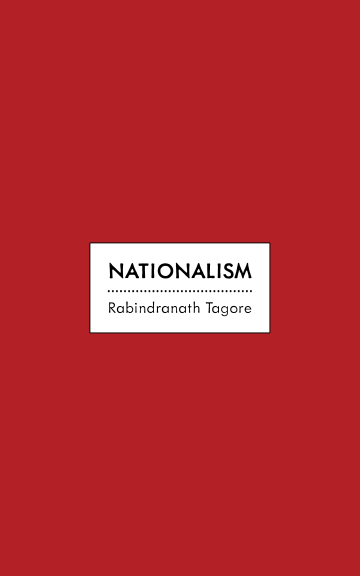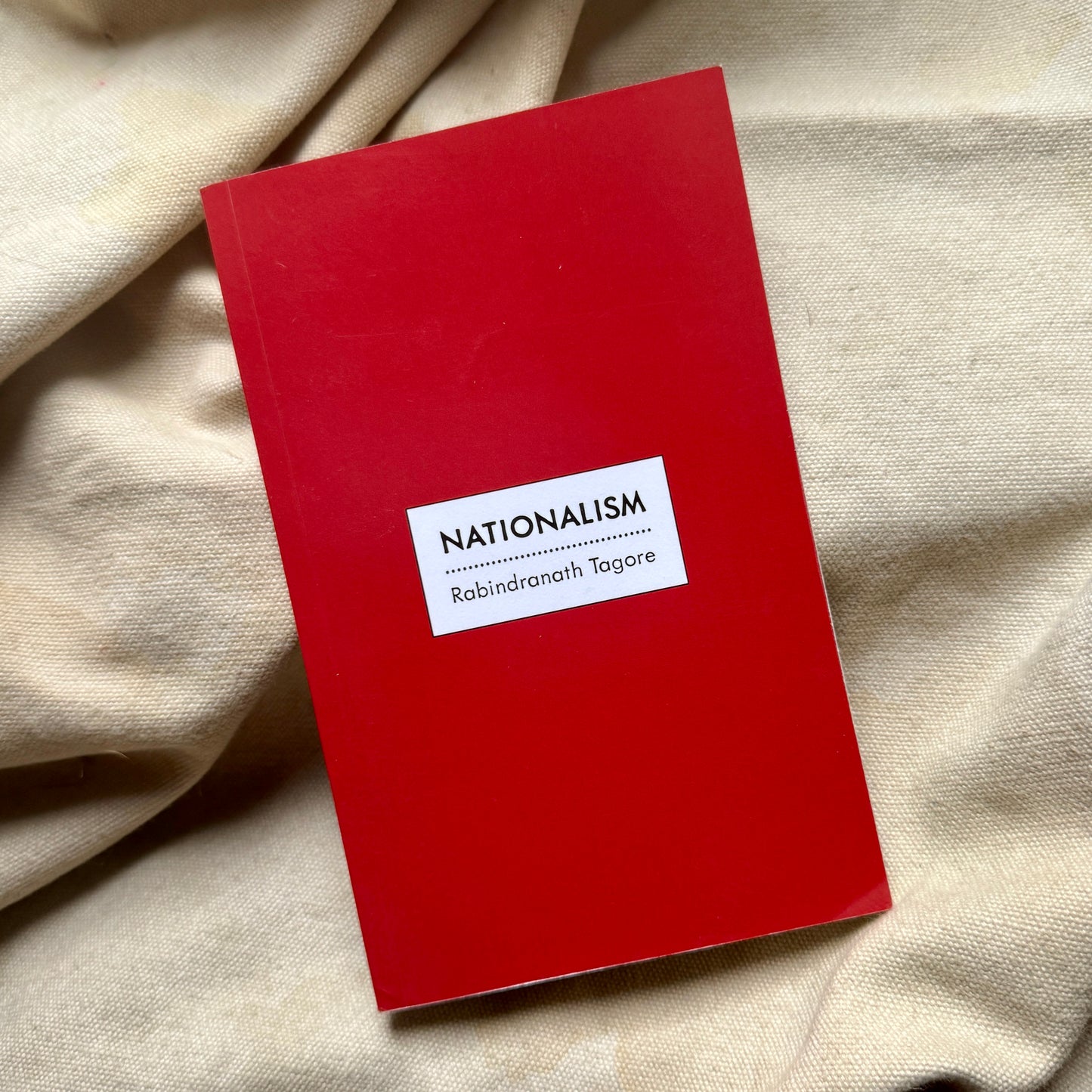Nationalism
Nationalism
First published in 1917, Rabindranath Tagore's seminal classic brings together a political voice in the wake of the Industrial Revolution, India's Nationalist Movement, and the first true global conflict of World War I. "Nationalism" offers a series of lectures sharply critiquing the concept of a Nation. This ideological focus reflects a human-denying push toward capitalist ideals such as greed, power, wealth, and profit. Yearning for these spoils denies humanity through mechanization and the annihilation of the natural world.
Nationalism as a political movement creates aggression in foreign policy through a limitless grab for power in a finite world. This means that other countries also vying for power reflect a threat to their sovereignty and cause aggressive acts of force.
While Tagore thought highly of countries like the U.S. and Japan for not getting involved in World War I, his indictments against nationalism would become even more alarming as these countries also fell into the same pitfalls during World War II and beyond.
Tagore’s sharp criticism of Western thought on nationalism resonates even now, more than 100 years after its initial publication and far beyond India’s borders. Capitalism on a global scale creates even stronger nationalistic sentiment within politics. This text shows readers what we can learn to better understand the threat of nationalism in today’s world.







